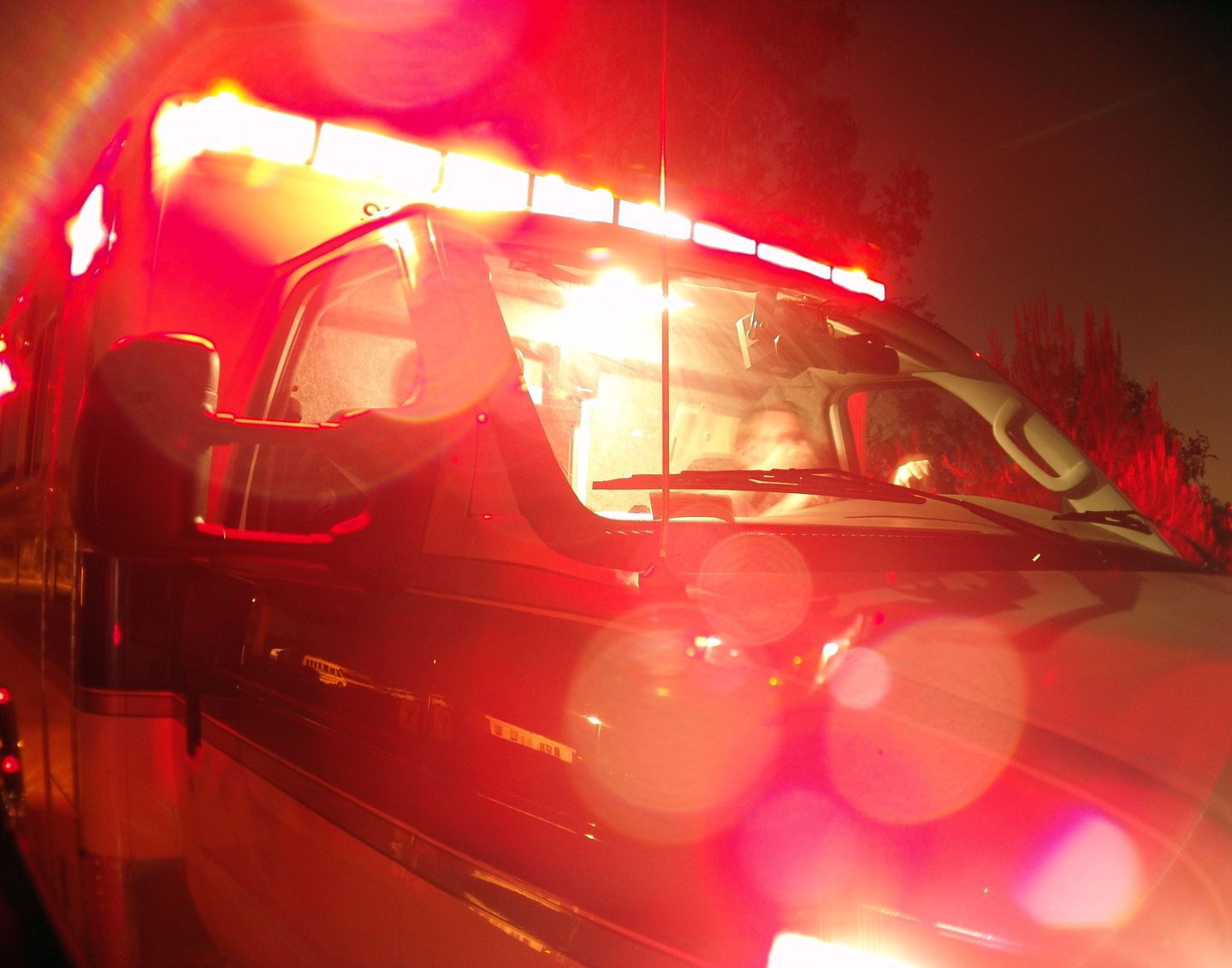On Tuesday, a tragic incident occurred at the Lechmere station in Cambridge, Massachusetts, when a Massachusetts Bay Transit Authority Green Line train derailed, resulting in injuries to seven individuals who were on board at the time. The derailment sent shockwaves through the community and raised concerns about the safety of public transportation in the area.
The incident occurred during the morning rush hour, a time when many commuters rely on public transportation to get to work and school. The train was traveling at a high speed when it suddenly went off the tracks, causing chaos and panic among passengers. Emergency services were quickly dispatched to the scene to assist those who were injured and to assess the situation.
Witnesses described a scene of chaos and confusion as passengers scrambled to safety and emergency responders worked to rescue those trapped in the wreckage. The injured individuals were quickly transported to nearby hospitals for treatment, where they were evaluated for a range of injuries, from minor cuts and bruises to more serious trauma.
The derailment prompted an immediate investigation into the cause of the incident, with authorities working to determine what went wrong and how similar accidents can be prevented in the future. The safety of public transportation systems is a top priority for officials, and this incident highlighted the need for continued vigilance and oversight to ensure the well-being of passengers.
As news of the derailment spread, concerned citizens and officials took to social media to express their shock and concern. Many shared their thoughts and prayers for the injured individuals and their families, while others called for increased safety measures and improved infrastructure to prevent future accidents.
The Massachusetts Bay Transit Authority issued a statement expressing sorrow for the incident and promising a thorough investigation into the cause of the derailment. The agency assured the public that they would do everything in their power to ensure the safety of passengers and prevent similar incidents from occurring in the future.
In the days following the derailment, the community came together to support the victims and their families, organizing fundraisers and blood drives to assist those affected by the tragedy. The outpouring of support and solidarity was a testament to the resilience and compassion of the people of Cambridge and the surrounding areas.
The derailment served as a stark reminder of the potential dangers of public transportation and the importance of safety protocols and regulations to protect passengers. It also raised questions about the state of infrastructure in the region and the need for continued investment in maintenance and upgrades to prevent future accidents.
As the investigation into the derailment continues, authorities are working diligently to determine the cause of the incident and to hold accountable those responsible for the safety of the train. The results of the investigation will likely have far-reaching implications for the future of public transportation in the area and may lead to changes in regulations and oversight to prevent similar accidents in the future.
In the meantime, the community is rallying around the victims of the derailment, offering support and assistance to those in need. The resilience and compassion of the people of Cambridge and the surrounding areas have been on full display in the wake of this tragedy, demonstrating the strength of the community in times of crisis.
As the investigation unfolds and the community heals, one thing is certain: the safety of passengers must always be the top priority for public transportation officials. The derailment at Lechmere station was a tragic reminder of the potential dangers of riding the rails, but it also served as a call to action for increased vigilance and oversight to prevent similar incidents in the future.









